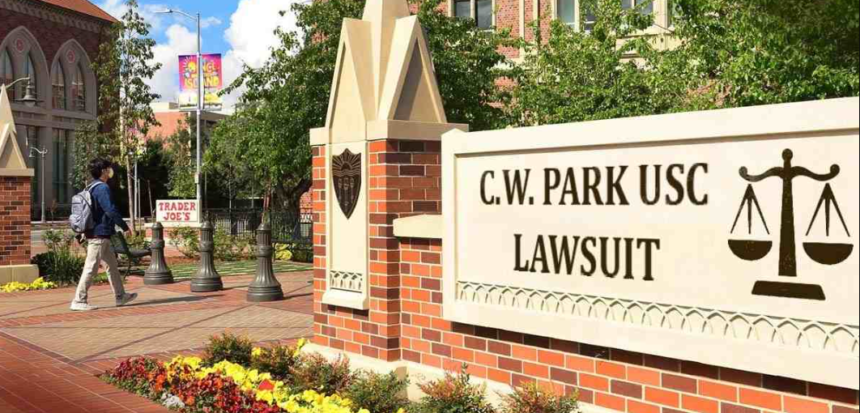Introduction
The lawsuit filed by C.W. Park against the University of Southern California (USC) has become a focal point of controversy and legal scrutiny. Allegations of discrimination have cast a shadow over USC, raising profound questions about fairness and equality within academic institutions. This article delves into the intricate details of the case, exploring the narratives from both sides and the broader implications for USC and its stakeholders.
Allegations Against USC and Park’s Claims of Discrimination
At the heart of the lawsuit are accusations leveled by C.W. Park against USC, alleging discriminatory practices based on his background. These claims have ignited significant debate and introspection, forcing USC to confront issues of systemic bias and inequity within its ranks. The case has underscored the importance of fostering an inclusive environment where all individuals are treated fairly, regardless of their ethnicity or nationality.
The Legal Battle and Court Proceedings
In the courtroom, the legal battle between C.W. Park and USC unfolded with intensity. Lawyers presented compelling arguments, witnesses testified, and each side sought validation for their stance. The proceedings were marked by tension and scrutiny, as the judiciary weighed the merits of the case against the backdrop of legal precedent and societal expectations.
Public Opinion and Backlash against USC
The lawsuit has not only captivated legal circles but also sparked widespread public interest and commentary. Social media platforms buzzed with discussions about USC’s handling of diversity and inclusion, reflecting a broader societal concern for equitable treatment in educational settings. The backlash against USC underscores the public’s demand for transparency and accountability in addressing allegations of discrimination.
Impact on USC’s Reputation and Policies
As news of the lawsuit spread, USC faced scrutiny over its institutional practices and policies regarding discrimination. The negative publicity has prompted USC to reevaluate its approach to diversity and inclusion, signaling a potential shift in how universities navigate similar challenges in the future. The case has prompted introspection within USC’s leadership, highlighting the need for proactive measures to rebuild trust and safeguard its reputation.
Resolution of the Case: Settlement or Continued Litigation?
The resolution of the lawsuit hangs in the balance, with potential outcomes ranging from a confidential settlement to prolonged litigation. Both parties weigh their options carefully, mindful of the implications for their respective reputations and legal standing. The decision will shape the narrative surrounding USC and set a precedent for how similar cases are addressed in academia.
Lessons Learned from the Controversy
The controversy surrounding C.W. Park’s lawsuit against USC offers valuable lessons for institutions grappling with issues of discrimination. It underscores the imperative of upholding principles of fairness and justice, while also highlighting the complexities of navigating legal challenges in a public arena. The case serves as a poignant reminder of the ongoing efforts needed to promote inclusivity and equity within educational institutions.
Conclusion
In conclusion, the lawsuit filed by C.W. Park against USC represents a pivotal moment in the discourse on discrimination within academic settings. It has prompted soul-searching within USC and stirred public dialogue about the broader implications of diversity and inclusion. As the case nears its resolution, the lessons learned will undoubtedly shape USC’s future policies and practices.
